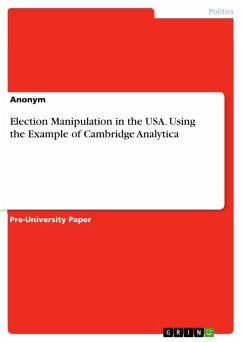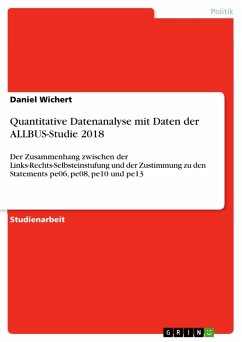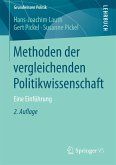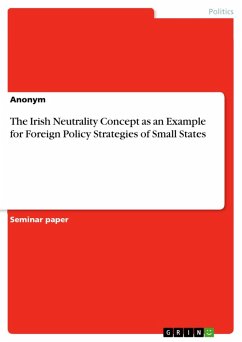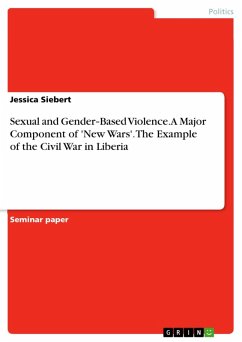Pre-University Paper from the year 2022 in the subject Politics - Region: USA, grade: 1,0, , language: English, abstract: This paper questions if democratic elections are still even possible at all. The goal of this paper is to explain which methods Cambridge Analytica used to try to influence the 2016 presidential election. In that course, it aims to answer the question if these practices are a threat to democratic elections. The company in question was called Cambridge Analytica, a data analysis and political consulting company which used user data from Facebook and other social media services to manipulate voters' behaviour. It is the 8th November 2016, day of the 58th presidential election in the United States of America. The republican Donald Trump and his vice president candidate Mike Pence are competing against the democrat Hillary Clinton and her vice president candidate Tim Kaine. According to surveys and polls prior to the election, Clinton has higher chance of winning and is expected to become the 45th president of the United States. A big surprise was revealed to the world that day when, for the fourth time in American history, a presidential candidate was elected without actually having the majority of citizens' votes. Donald Trump won the election and took office as the 45th president of the United States on January 20, 2017. But what if this election was possibly manipulated? What if a single company had the power and the possibilities to completely analyse, predict and influence voters' behaviour? This might sound like an idea from a science fiction movie, but it is reality and it happened without the world even realising it. After dealing with the case of Cambridge Analytica, one might think that electoral manipulation using data seems to be alarmingly easy in the digital age.
Dieser Download kann aus rechtlichen Gründen nur mit Rechnungsadresse in A, B, BG, CY, CZ, D, DK, EW, E, FIN, F, GR, HR, H, IRL, I, LT, L, LR, M, NL, PL, P, R, S, SLO, SK ausgeliefert werden.
Hinweis: Dieser Artikel kann nur an eine deutsche Lieferadresse ausgeliefert werden.

